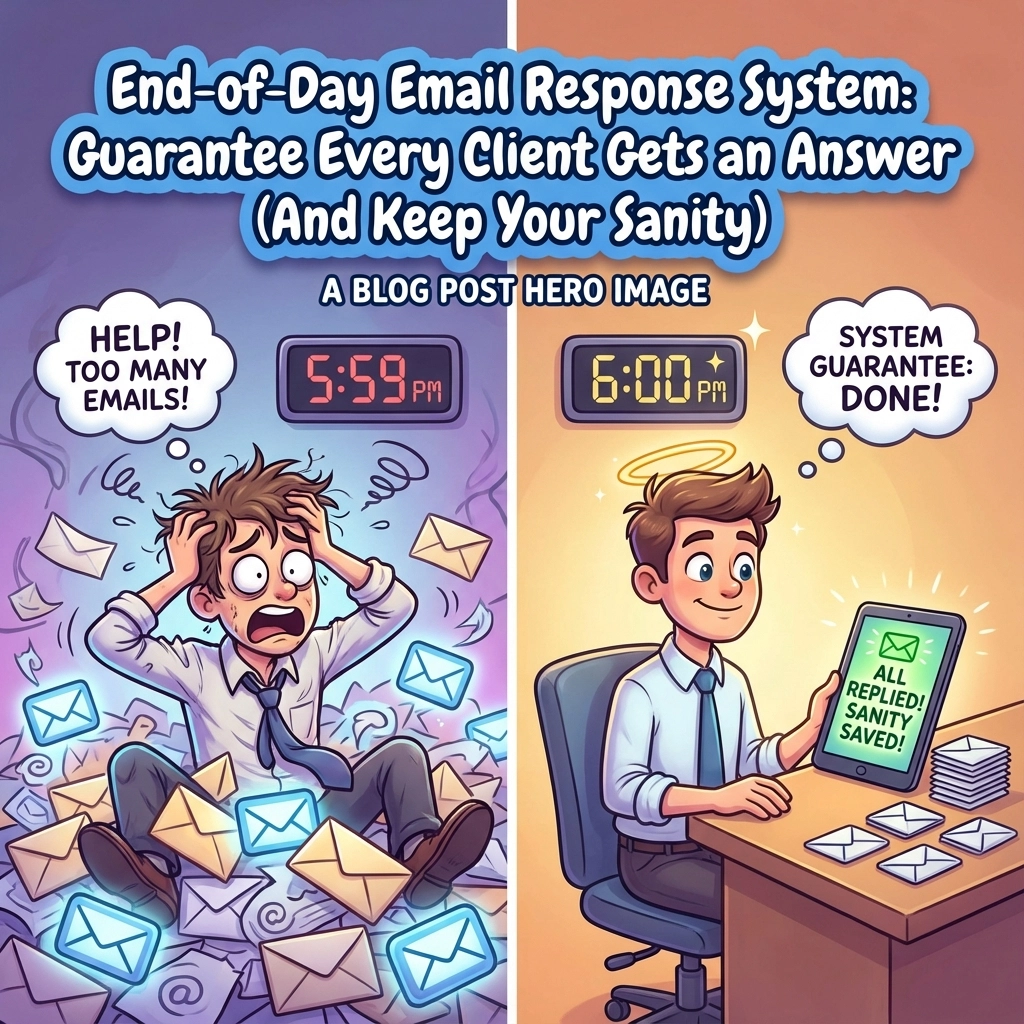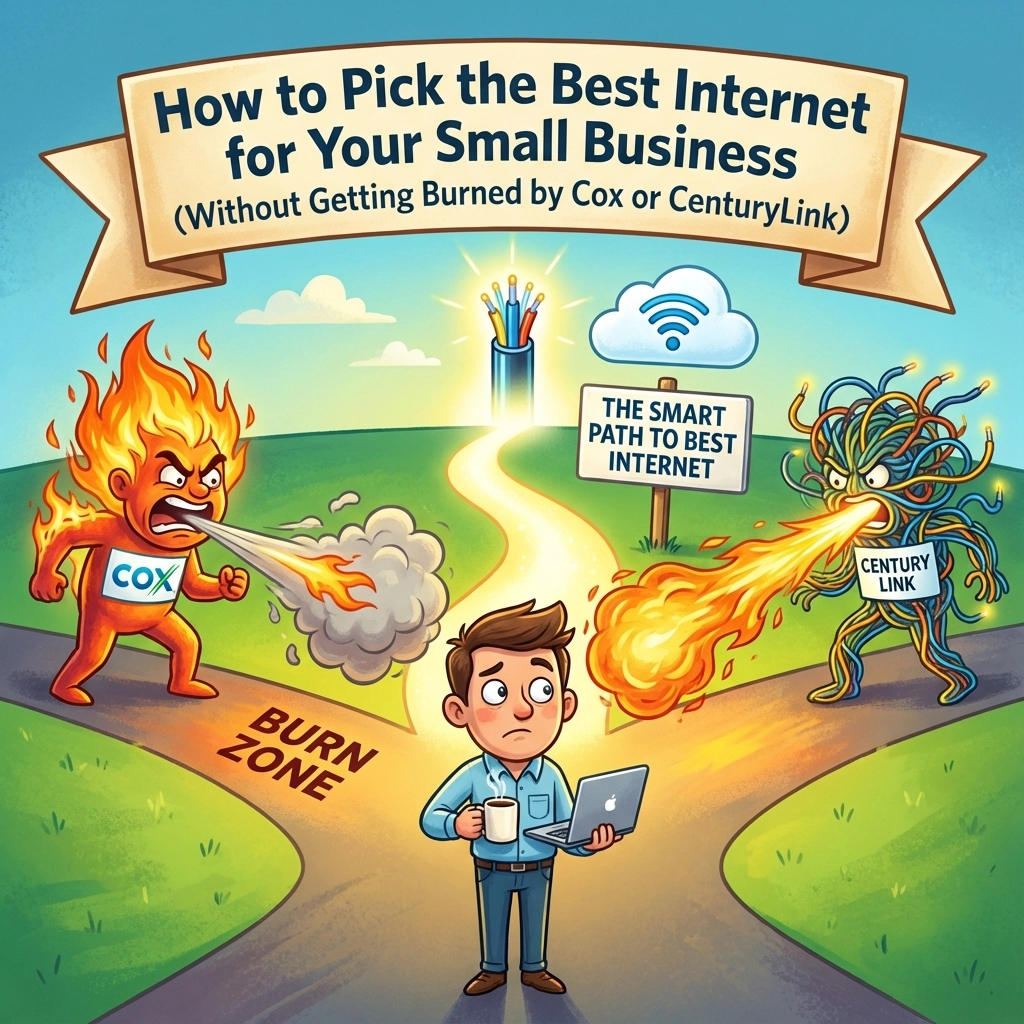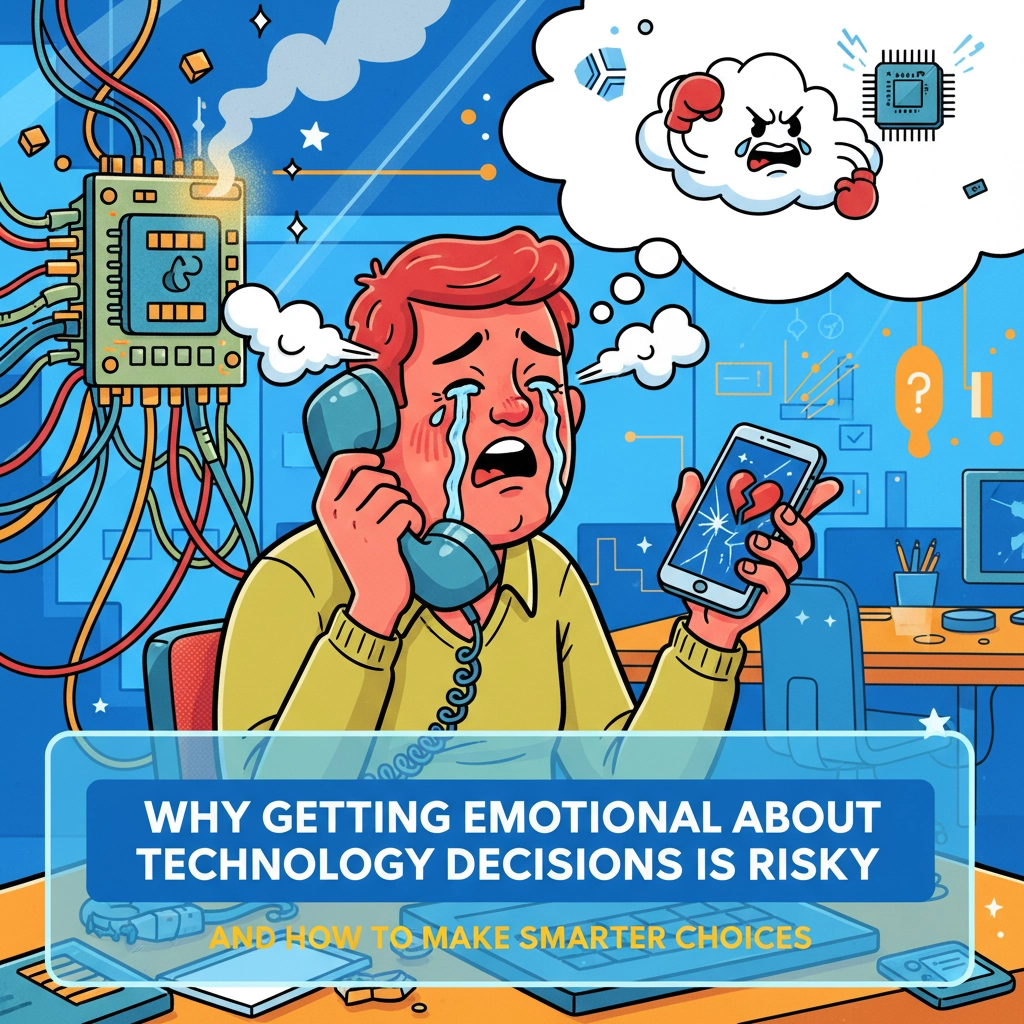1. Introduction to IT Service Rates
Most firms rely on dependable IT services to function in today’s fast-paced, digital-driven corporate world. Companies pay IT specialists between $100 and $200 per hour, which is sometimes questioned by clients unfamiliar with the amount of skill required to manage, secure, and optimize their technology. This article dives into why IT services are so expensive, how undercutting affects service quality, and how these costs reflect other high-stakes professions such as law and medicine.
2. Average Hourly Rate of IT Services in 2024
In the United States, the average hourly pricing for IT services varies but often ranges from $100 to $200. For specialist talents like cybersecurity, cloud architecture, or system integration, the rate may increase even more. Regional differences and project complexity also come into play; because of increased demand and living expenses, rates in larger cities can occasionally surpass this range.
3. Why IT Services Are Priced Between $100 and $200 Per Hour
The price is in line with the degree of expertise, accountability, and experience needed by IT specialists to guarantee smooth, safe operations. Network configuration, cybersecurity management, and mission-critical system troubleshooting are not merely technical activities; they call for accuracy, in-depth knowledge, and flexibility in response to changing technological environments.
4. The Role of IT Professionals: Skills and Expertise Required
IT specialists usually have extensive expertise in particular technical fields, such as cloud administration, network security, and software development. In order to stay current, many additionally obtain industry certifications like CompTIA, Cisco, and Microsoft, which demand financial commitment and intense training. The position also requires strong problem-solving abilities, clear communication, and an emphasis on lifelong learning.
5. Costs incurred by IT service providers
High hourly rates also assist IT workers in paying for business expenses, such as purchasing cutting-edge security software, purchasing business insurance, and attending ongoing training to stay up to date with emerging technologies and dangers. To guarantee top-notch service, knowledgeable providers frequently reinvest in top-notch hardware, software licensing, and data security technologies.
6. Why IT Services Can’t Be Cheap: Quality vs. Cost
Using inexpensive IT services might result in system malfunctions, poor security, and sometimes even expensive data breaches. Low-cost IT suppliers could not have the knowledge, tools, or reliable procedures required to safeguard private information, which could result in costly hazards. Investing more in high-quality IT services guarantees access to suppliers who employ cutting-edge equipment, adhere to strict guidelines, and uphold a high degree of performance.
7. IT Services Compared to Doctors and Lawyers
IT requires a high level of skill, just like the legal and medical fields. Just like in law or medicine, a mistake in network configuration or data protection might have serious repercussions. Because of this, IT premium charges are commensurate with the seriousness and accuracy of the work, much like those of physicians and attorneys.
8. The Value of Experience: A Ship Repair Example
A powerful analogy often used to illustrate the value of expertise involves a shipping company struggling with a malfunctioning engine. The ship owner had tried everything, spending thousands of dollars on various repairs and consulting multiple mechanics, but no one could fix the problem.
Finally, an experienced repair expert with over 20 years in the field was called. The expert examined the engine, took a hammer, and gently tapped on a specific spot. Almost immediately, the engine roared back to life. When the ship owner received a $10,000 bill, he was shocked and asked for an itemized breakdown. The expert’s response highlighted the difference between labor and expertise:
- Tapping with a hammer: $1
- Knowing where to tap: $9,999
This example perfectly illustrates the value that comes with years of experience and specialization. Similarly, in IT services, the true cost lies not in the time spent but in the expertise built over years of solving complex issues efficiently. Paying a higher rate for a seasoned IT professional means paying for their ability to diagnose and resolve issues quickly and effectively—often preventing much larger, costlier problems down the road.
9. Examples of IT Services That Justify High Rates
- Cybersecurity and Data Protection: Given today’s cybersecurity threats, experienced professionals are vital for safeguarding company data.
- Complex System Integration: Integrating different software systems or cloud services requires deep understanding and meticulous planning.
Each of these areas is highly specialized, requiring precision, training, and the ability to anticipate issues, much like our ship repair example.
10. Why IT Services Under $100/hour May Undercut Market Standards
Hourly rates under $100 might result in undercutting, which lowers industry standards and frequently results in lower-quality services. Low-paid professionals might not have the funds to keep up certifications, employ expensive equipment, or continue their studies. As a result, companies that put lower prices ahead of quality may eventually incur greater expenses as a result of frequent maintenance, shoddy solutions, or cybersecurity events.
11. Value-Added Benefits of High-Quality IT Services
Long-term benefits of investing in high-quality IT services include less downtime, increased data security, and increased productivity. Because there are fewer interruptions and more efficiency, high-quality IT providers guarantee that systems are scalable, safe, and streamlined, which results in significant savings.
12. Breakdown of Key IT Service Types and Their Costs
- Helpdesk and Support Services: $100-$150/hour – Focus on resolving routine issues and providing user support.
- Network Management: $125-$175/hour—includes setup, ongoing monitoring, and network security.
- Custom Development and Consulting: $150-$200/hour—Ranges higher due to the unique skills required for custom coding and solution design.
These services underscore the importance of expertise and careful execution, reflecting the investment in experience and high-end tools necessary to deliver quality.
13. IT Costs in Different Business Settings
The size and makeup of an organization have an impact on IT costs; smaller businesses frequently require fewer services, while larger businesses need more support, security, and customization. Because enterprise IT frequently entails more sophisticated needs, higher hourly fees are justified because more resources and knowledge are needed.
14. The Future of IT Service Pricing
Emerging technologies have the ability to reduce rates in some areas by automating or streamlining specific operations. However, because of the complexity and level of skill needed, fields including cloud administration, specialized software, and cybersecurity are anticipated to continue to command high rates.
15. What Clients Should Expect from $100-$200/hour IT Services
Customers that spend within this range can anticipate prompt, excellent service. Prominent IT suppliers place a high value on communication, solve problems effectively, and contribute a breadth of expertise that enables them to swiftly address complicated problems. Experienced IT workers know how to stop problems before they get out of hand, just as the ship repair specialist understood exactly where to tap.
FAQs about IT Service Costs
Q: Why is IT so expensive?
A: IT rates reflect the expertise, tools, and ongoing education needed to deliver high-quality, secure, and efficient services.
Q: How do IT providers set their rates?
A: Rates are based on skill level, business expenses, demand, and the complexity of services provided, much like in medicine or law.
Q: Can businesses negotiate IT rates?
A: Negotiation may be possible, but reduced rates can lead to limited service quality or responsiveness.
Q: What are the risks of hiring low-cost IT providers?
A: Low-cost providers may lack resources for high-end tools, training, or rigorous security protocols, leading to potential vulnerabilities.
Q: Why do IT service rates compare to fields like law and medicine?
A: Like lawyers and doctors, IT professionals handle critical issues that can significantly impact businesses, warranting high hourly rates.
Q: How can IT service pricing affect business success?
A: Paying for quality IT services ensures systems remain functional, secure, and aligned with business goals, supporting long-term success.
Share this:
- Click to share on Facebook (Opens in new window) Facebook
- Click to share on Tumblr (Opens in new window) Tumblr
- Click to share on X (Opens in new window) X
- Click to share on Pocket (Opens in new window) Pocket
- Click to share on Pinterest (Opens in new window) Pinterest
- Click to share on LinkedIn (Opens in new window) LinkedIn




